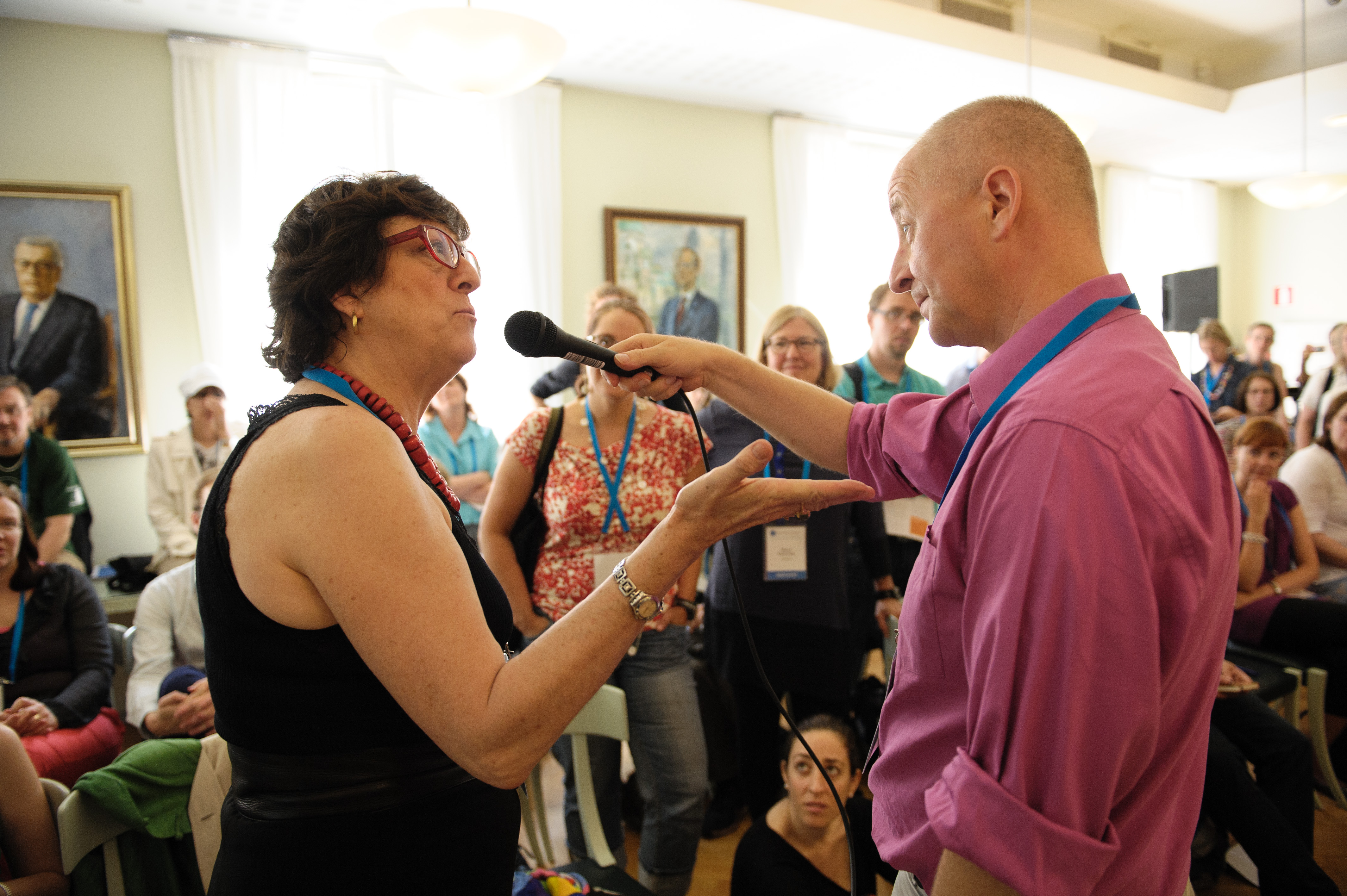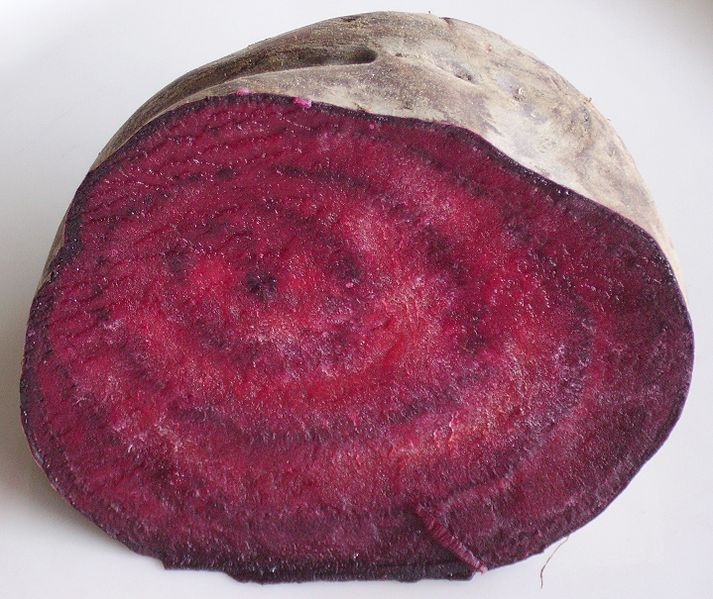MERS: First Meeting of Emergency Committee
I don't think anyone really expected the 15 experts that make up the new MERS emergency committee at the World Health Organisation (WHO) to declare a "public health emergency of international concern" today. And they didn't. Instead they decided, that they needed more information and more time and that they would convene again on Wednesday, 17 July. Below is the short e-mail the WHO sent out after the meeting. You can read why the committee was formed in a short piece I did on ScienceInsider and you can find the names of the 15 members here.


